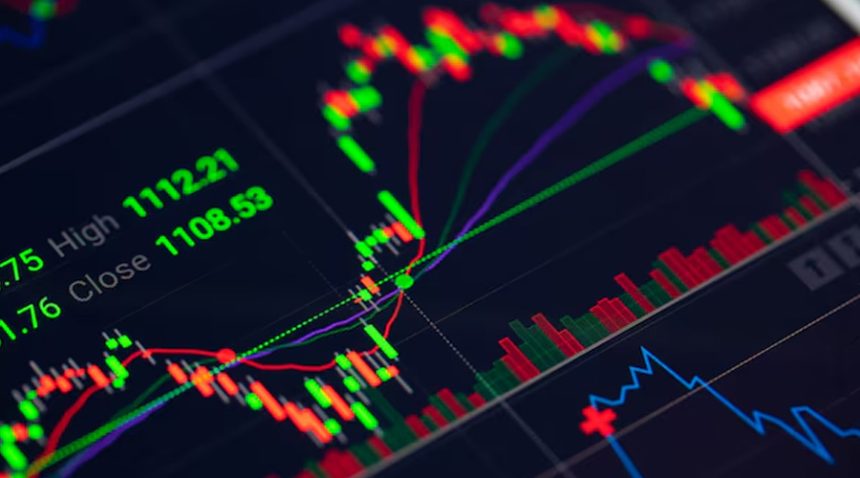Trump’s Steel & Aluminum Tariffs Shake Global Markets, Sensex & Nifty Trade Lower
Stock Market Update – On Tuesday, February 11, 2025, Indian benchmark equity indices, the BSE Sensex and Nifty50, experienced declines amid mixed global cues. Investors assessed the implications of U.S. President Donald Trump’s recent decision to impose 25% tariffs on steel and aluminum imports, a move that has introduced uncertainty into global markets.
Market Performance
The BSE Sensex fell by 241.79 points, or 0.31%, closing at 77,070.01. Similarly, the Nifty50 index decreased by 70.35 points, or 0.3%, ending the session at 23,311.25. This downturn marked the fifth consecutive session of losses for both indices, reflecting investor apprehension regarding the potential economic impact of the newly announced U.S. tariffs.
Global Context: U.S. Tariffs on Steel and Aluminum
On Monday, President Trump signed an executive order imposing a 25% tariff on all steel and aluminum imports into the United States. This decision is part of a broader strategy to protect domestic industries and address trade imbalances. The tariffs are expected to affect major exporters to the U.S., including Canada, Brazil, Mexico, South Korea, and potentially the European Union. Analysts have expressed concerns that these measures could lead to increased inflation and interest rates globally, as well as potential retaliatory actions from affected countries.
Impact on Indian Markets
The announcement of the U.S. tariffs contributed to a cautious sentiment among investors in Indian markets. The potential for a global trade war and its implications for economic growth have led to increased volatility. Additionally, concerns over slowing domestic earnings growth and continued selling by foreign institutional investors (FIIs) have further pressured Indian equities. Notably, sectors such as banking and automotive experienced significant declines, with key stocks in these industries dragging the indices lower.
Corporate Earnings in Focus
Investors are closely monitoring the December quarter results from major companies, including Vodafone Idea and Lupin. The performance of these companies is critical, as their earnings reports provide insights into the health of various sectors and influence market sentiment. Disappointing results could exacerbate the current downward trend, while positive earnings may offer some respite to the beleaguered markets.
New Indices Launched by Asia Index
In a significant development, Asia Index, a subsidiary of BSE, announced the launch of five new indices: the BSE 1000, BSE Next 500, BSE 250 Microcap, BSE Next 250 Microcap, and BSE 1000 Multicap (equal size weighted). These indices aim to provide investors with broader benchmarks and more diversified investment options, reflecting the evolving landscape of the Indian equity market.
Primary Market Activities
In the primary markets, several initial public offerings (IPOs) are underway. Ajax Engineering’s mainline IPO and Chandan Healthcare’s SME IPO entered their second day of subscription, while Eleganz Interiors’ SME IPO concluded its subscription period. Additionally, in the SME segment, the basis of allotment for Solarium Green Energy and Readymix Construction Machinery IPOs was finalized. These activities indicate a continued interest in new listings, despite the broader market volatility.
The Indian stock markets faced headwinds on February 11, 2025, primarily due to global trade uncertainties stemming from the U.S. administration’s tariff policies. As investors navigate these challenges, attention remains focused on corporate earnings and policy developments that could influence future market trajectories. The introduction of new indices by Asia Index and ongoing IPO activities suggest that, despite current setbacks, there is an underlying resilience and adaptability within the Indian financial markets.






